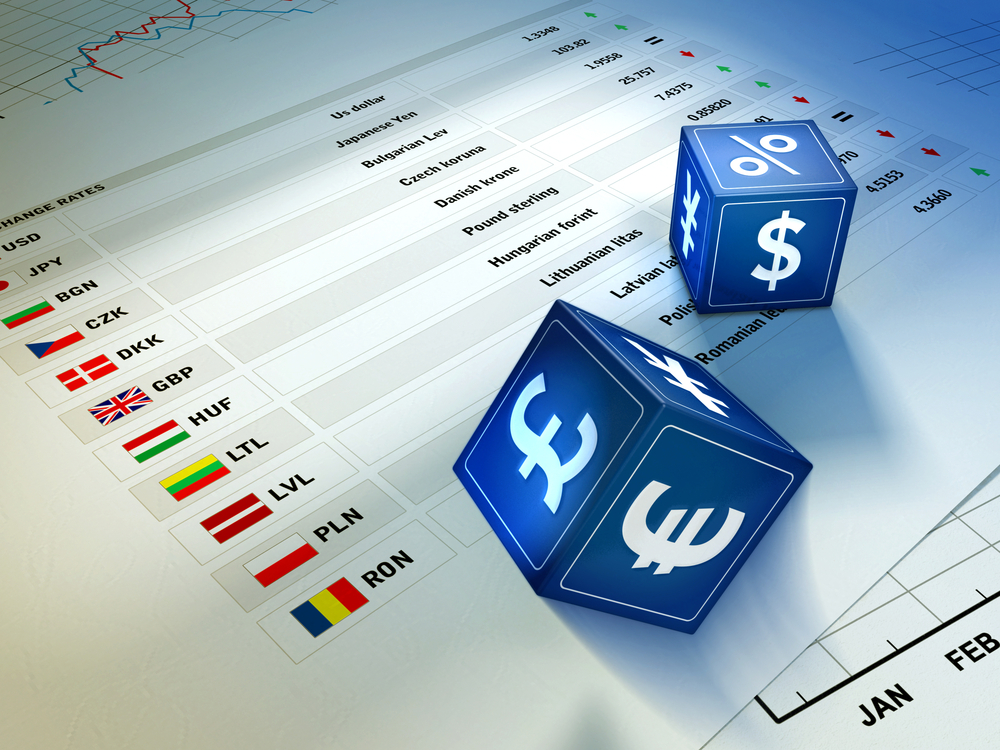Factors Influencing Spot Exchange Rate Fluctuations
Several factors cause the spot exchange rate to move up or down. These factors can have small or large impacts on currency values, depending on the current economic, political, and market conditions. Here’s a breakdown of some major influences:
Economic Indicators:
Economic indicators such as GDP growth, employment levels, and consumer spending are critical for assessing a country’s economic health. A robust economy signaled by high GDP growth or reduced unemployment rates tends to strengthen a country’s currency, as it attracts both domestic and international investments. Investors are more likely to put their capital into economies that show potential for growth because these environments suggest a higher likelihood of profitable returns.
Interest Rates: Central banks manipulate interest rates to control economic growth and inflation. When a central bank raises its interest rates, holding that currency becomes more attractive because it offers higher returns on deposits and investments denominated in that currency. Consequently, higher interest rates can lead to an appreciation of the currency as investors and savers flock to take advantage of the greater yields available.
Political Stability:
The stability of a country’s government is immensely influential on its currency value. Stable political conditions suggest less risk and more predictability, which attracts foreign investors. When investors feel confident about the political landscape of a country, they are more likely to invest, leading to an increase in demand for that country’s currency and thus strengthening it against others.








